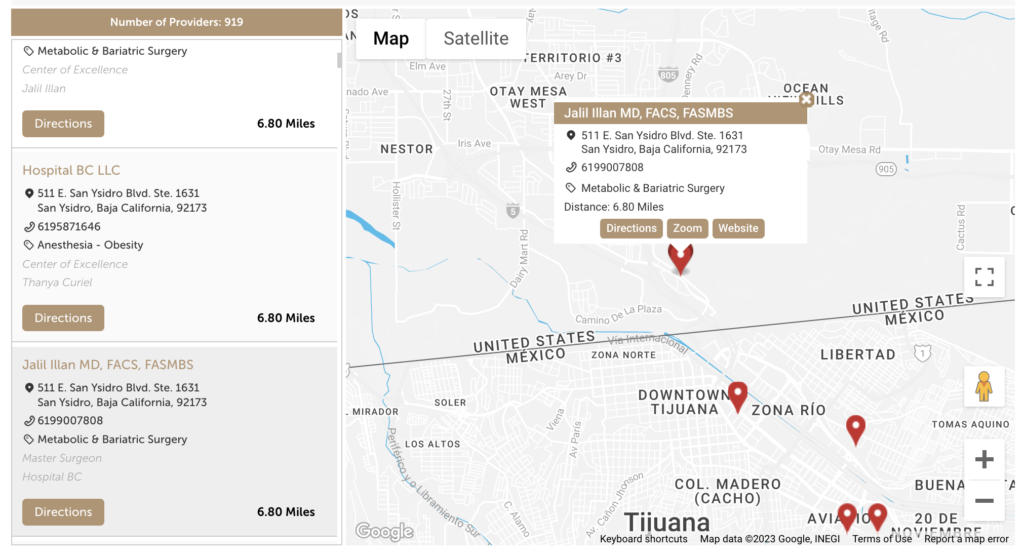Obesity is a widespread health concern, and individuals dealing with obesity often consider weight loss surgery, also known as bariatric surgery, as a life-changing option. However, with various surgical options available, many wonder which weight loss surgery is the safest.
The safety of a weight loss surgery depends on several factors, including the patient’s health status, medical history, and the expertise of the surgical team. Let’s explore which weight loss surgery is the safest.
Gastric Sleeve Surgery (Sleeve Gastrectomy)
Gastric sleeve surgery involves removing a portion of the stomach to create a banana-shaped stomach pouch. This procedure helps reduce food intake and decreases hunger by minimizing the production of the hunger hormone called ghrelin.
Sleeve gastrectomy is widely regarded as one of the safest options for weight loss surgery. However, like with any intervention or surgery, there are risks involved, such as infection and bleeding or leakage at the surgical site. It’s crucial to select the right surgeon and follow all operative guidelines for a successful and safe recovery.
Gastric Bypass Surgery (Roux-en-Y Gastric Bypass)
The bypass surgery procedure includes creating a stomach pouch and redirecting a portion of the small intestine to bypass it. This surgical procedure helps reduce both the amount of food consumed and the absorption of calories.
While gastric bypass surgery is effective in promoting weight loss and improving conditions associated with obesity, such as diabetes, it’s important to note that its safety profile is more intricate compared to sleeve surgery. Potential complications include difficulties in absorbing nutrients, ulcers, and internal hernias. By monitoring progress and diligently following operative instructions, most patients achieve successful outcomes with this type of weight loss surgery.
Adjustable Gastric Banding (Lap Band)
In gastric banding (also known as Lap Band surgery), a band is placed around a section of the stomach to create a pouch. This band can be adjusted to tighten or loosen as needed. Compared to sleeve or bypass surgery, lap band surgery is less invasive, making it generally a safer weight loss surgery. However, there may be long-term complications, such as the band slipping or eroding.
Biliopancreatic Diversion with Duodenal Switch (BPD/DS)
Biliopancreatic diversion with switch (BPD/DS) is a weight loss surgery that involves removing a significant portion of the stomach and redirecting the digestive system. This procedure offers the highest potential for weight loss but also carries increased risks of complications and nutritional deficiencies.
The safety of BPD/DS surgery depends greatly on how the operation is performed and the ongoing monitoring of nutrient levels. It is usually recommended for individuals with obesity who have already tried many other options without success.
A Consultation for Safety Considerations
When it comes to choosing the safest weight loss surgery, many factors need to be considered, so it’s important to have a thorough consultation with a bariatric surgeon. Safety considerations shouldn’t just focus on surgical risks but also on long-term consequences and prospects for sustainable weight loss. Whatever procedure you choose, maintaining a healthy lifestyle through nutrition and regular exercise remains crucial for long-term success and your overall well-being. Dr. Jalil Illan, a top bariatric surgeon in Tijuana, will walk you through every step of the process.






